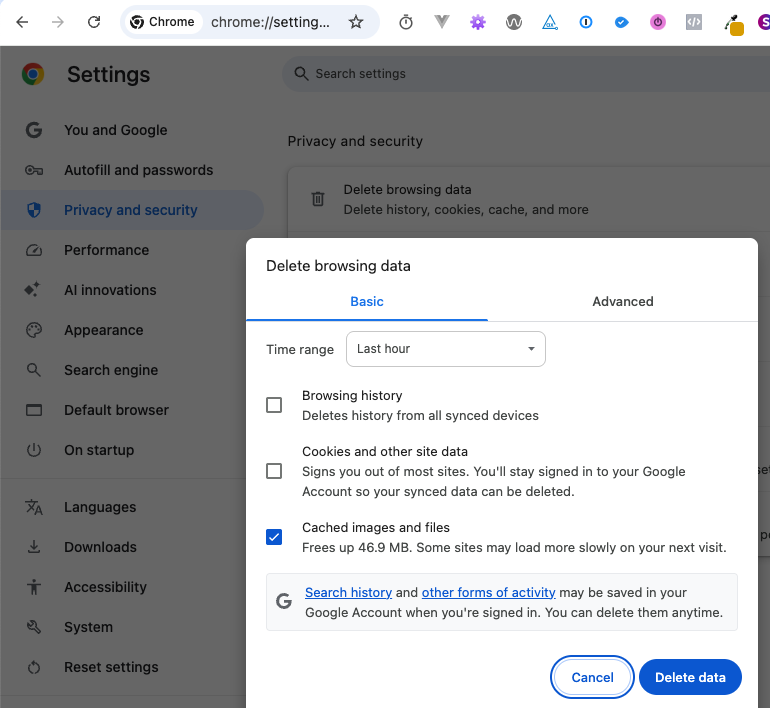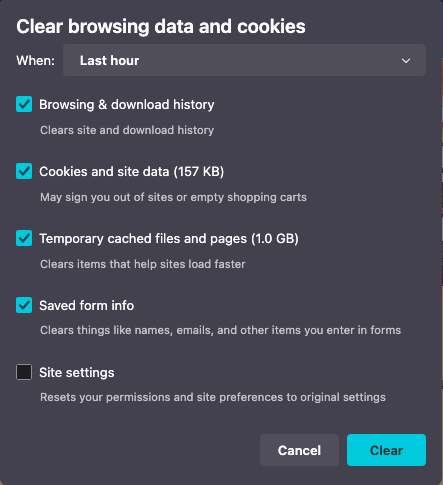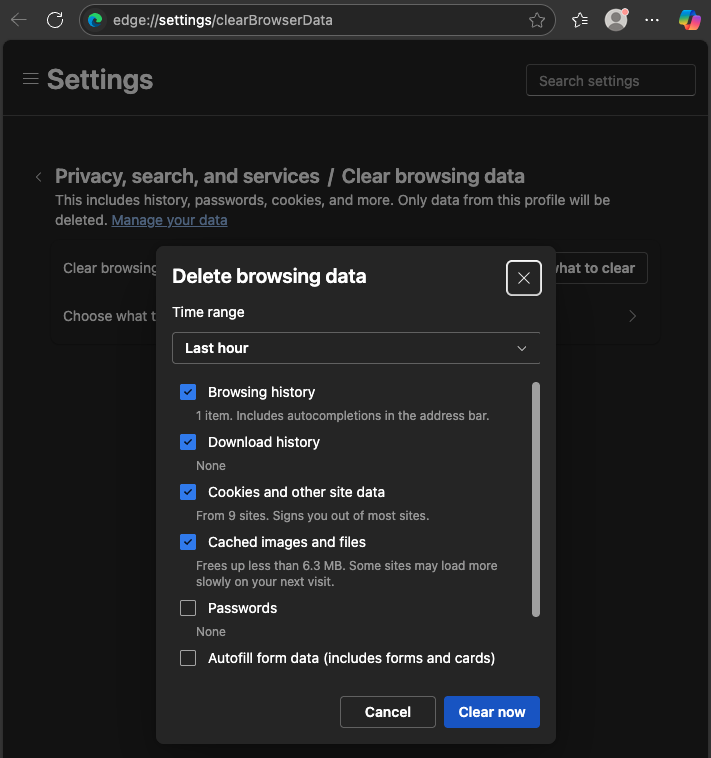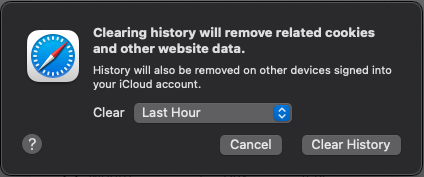Your browser is the program you use to visit websites on your computer or phone. Common browsers include Google Chrome, Microsoft Edge, Internet Explorer, and Safari (on Mac and iPhone).
To help websites load faster, browsers temporarily save parts of websites — like images and code — on your device. This is called caching, and the saved files are stored in your browser’s cache.
However, if a website changes (for example, after an update), your browser might still show you the old version from its cache instead of loading the latest version from the internet. This can be a problem if you're trying to view recent updates but don’t see them.
The simplest and fastest way to view recent changes on a website is to hold down the Shift key and click the "Refresh" or "Reload" button in your browser. (This is often called a "hard refresh.") This usually forces your browser to load the most recent version of the page directly from the server. However, it only applies to the specific page you're viewing and may not update all external files—such as images, stylesheets, or JavaScript. In those cases, you may need to clear your browser’s cache to fully see the updated content on the site.
To fix this, you can clear your browser’s cache. This removes the stored files, so your browser will load the newest version of the website.
Click the browser name you are using below from full instructions on how to clear the cache.
Open Chrome (if it’s not already open).
Open the “Clear browsing data” dialog
On Windows, press Ctrl + Shift + Delete
On Mac, press Command + Shift + Delete
Alternatively, you can open it via the menus: click the three-dot menu → Delete browsing data…

Choose the Time range (e.g. “Last hour,” “Last 24 hours,” or “All time” to clear everything).
In the “Delete browsing data” dialog:
Make sure “Cached images and files” is checked.
(Optionally) you may also check “Cookies and other site data” or “Browsing history”, but note this will likely log you out of this and other sites.
Click Delete data.
Open Firefox (if it’s not already open).
Open the “Clear Recent History” dialog:
On Windows: press Ctrl + Shift + Delete
On Mac: press Command + Shift + Delete
Or use the menu: three-line menu (≡) → History → Clear Recent History…

In the “Clear browsing data and cookies” dialog:
Select the Time range to clear (Last hour, Last 24 hours, Everything).
Click the arrow next to Details (if not already expanded).
Make sure Temporary cache files and pages is checked.
(Optional) Also check “Cookies adn site data” or “Browsing & download history” if you want to remove those, but note this will likely log you out of this and other sites.
Click OK to clear the selected data.
Open Microsoft Edge (if it’s not already open).
Open the “Clear browsing data” dialog:
Alternatively, you can open it via the menus:
Click the three-dot menu (⋯) in the upper-right corner → Settings → Privacy, search, and services → under Clear browsing data, click Choose what to clear.
Choose the Time range (e.g., “Last hour,” “Last 24 hours,” or “All time” to clear everything).

In the “Clear browsing data” dialog:
Click Clear now.
Open Safari (if it’s not already open).
Open the “Clear browsing data” dialog:

Choose the Time range (e.g., “the last hour,” “today,” “today and yesterday,” or “all history” to clear everything).
In the “Clear browsing data” dialog:
Click Clear History (or Empty Caches if using the Develop menu).

1055 East 3900 South
Salt Lake City, UT 84124
1611 East 2450 South
bldg #3
St. George, UT 84790